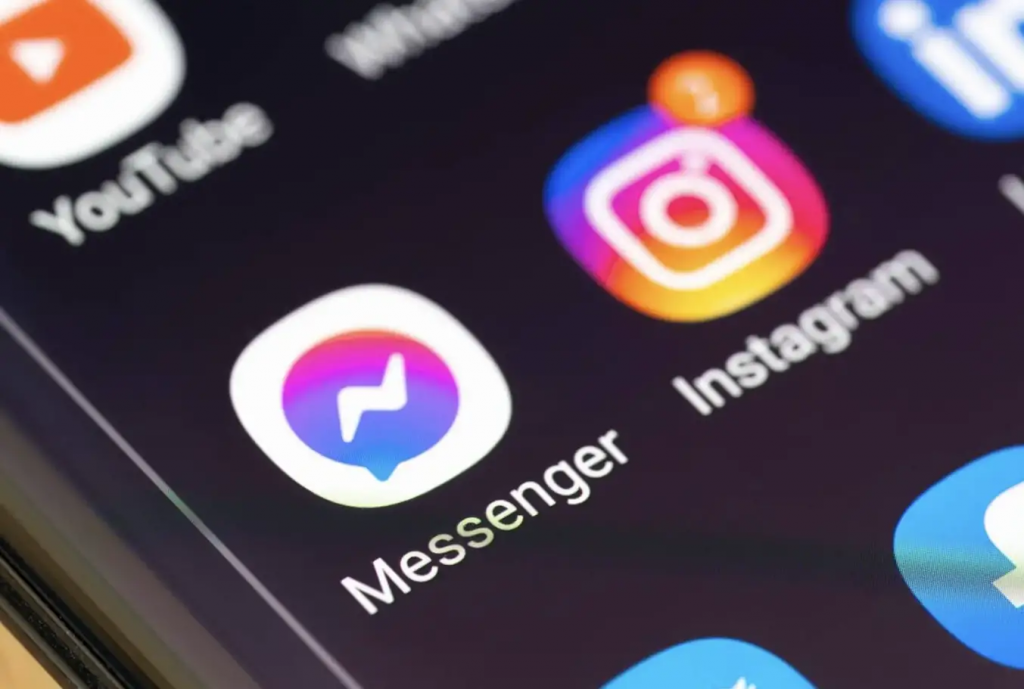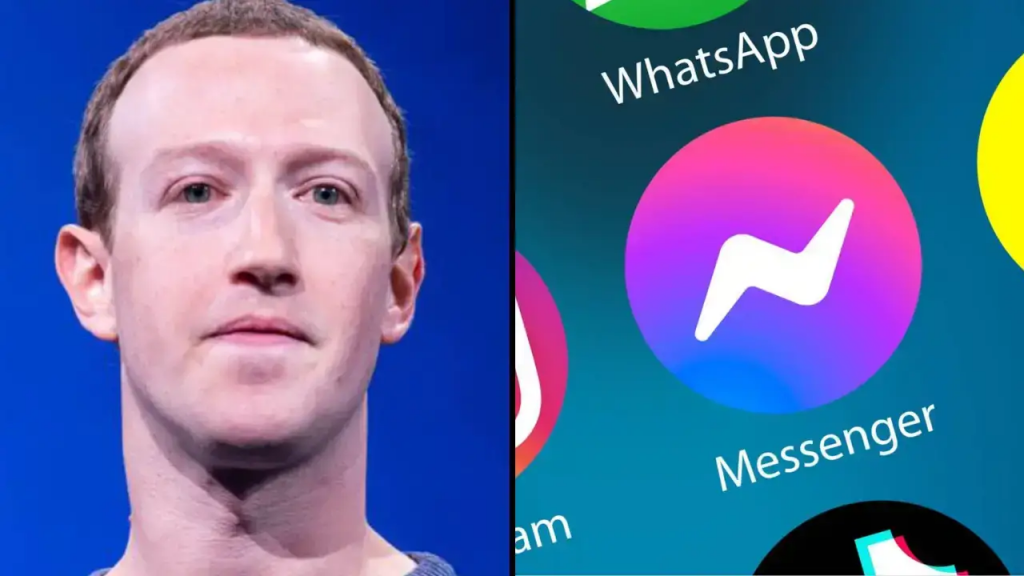Mark Zuckerberg, co-founder of Facebook and current chairman, CEO, and majority shareholder of Meta Platforms, has issued a stern warning to Facebook Messenger users regarding the practice of taking screenshots of private conversations within the app.
Zuckerberg, who created Facebook alongside his university roommates, has had a career marked by groundbreaking innovation, significant legal battles, and the immense success of his social media empire. His journey in the tech industry was even dramatized in the award-winning film The Social Network. Today, he continues to lead Meta Platforms, formerly Facebook Inc., overseeing its operations and technological advancements.

Recently, Zuckerberg took to Facebook to emphasize the importance of digital privacy, specifically highlighting a new security measure designed to alert users if someone screenshots a disappearing message on Messenger. The message was clear: stop capturing screenshots of private conversations.
The warning ties into an earlier feature known as Vanish Mode, first introduced in 2020. This privacy-focused function was available on both Facebook Messenger and Instagram and was designed to ensure that messages would disappear automatically after being viewed and the chat was exited. At the time of its release, the company had described it as a tool for spontaneous conversations where users wouldn’t need to worry about messages lingering indefinitely. The feature could be enabled by swiping up within a conversation, with the same swipe gesture used to disable it and return to standard chat mode.

The launch of Vanish Mode was described in a public statement by Bridget Pujals, Messenger Product Manager, and Manik Singh, Instagram Product Manager, who said: “We designed Vanish Mode with safety and choice in mind, so you control your experience.” Initially rolled out in the United States, it was later made available in multiple European countries.
However, Facebook recently confirmed through its Help Center that Vanish Mode is no longer supported. In its place, a similar feature known as Disappearing Messages has been introduced, gradually being made available to users. This new feature allows for messages to automatically disappear after a set period, aligning with modern privacy demands for enhanced confidentiality in digital conversations.

To enable Disappearing Messages, a user must tap on the contact’s name at the top of a Messenger conversation and navigate to the Privacy and Support section. From there, they can find the option to activate Disappearing Messages, which will cause sent messages to erase themselves after the intended duration.
A crucial enhancement included with this privacy feature is the automatic notification if someone attempts to capture a screenshot or screen recording while disappearing messages are active. This real-time alert serves as a proactive measure to prevent unauthorized sharing of private conversations.
Zuckerberg personally demonstrated the feature’s effectiveness in a light-hearted post where he shared a conversation with his wife, Priscilla Chan. The exchange included a playful joke about a supercomputer, followed by Priscilla taking a screenshot. A notification instantly appeared within the chat, showcasing how the security measure works.

His public statement on Facebook read: “New update for end-to-end encrypted Messenger chats: you will now receive a notification if someone screenshots a disappearing message. We’re also adding GIFs, stickers, and reactions to encrypted chats too.”

This update reflects Meta’s continued efforts to prioritize user privacy amid growing concerns over data security. By enhancing Messenger’s encryption features and introducing automated alerts, the platform aims to give users more control over their digital interactions while fostering a secure space for conversations. The company continues to encourage its community to use these privacy tools responsibly to protect both personal information and mutual trust among users.